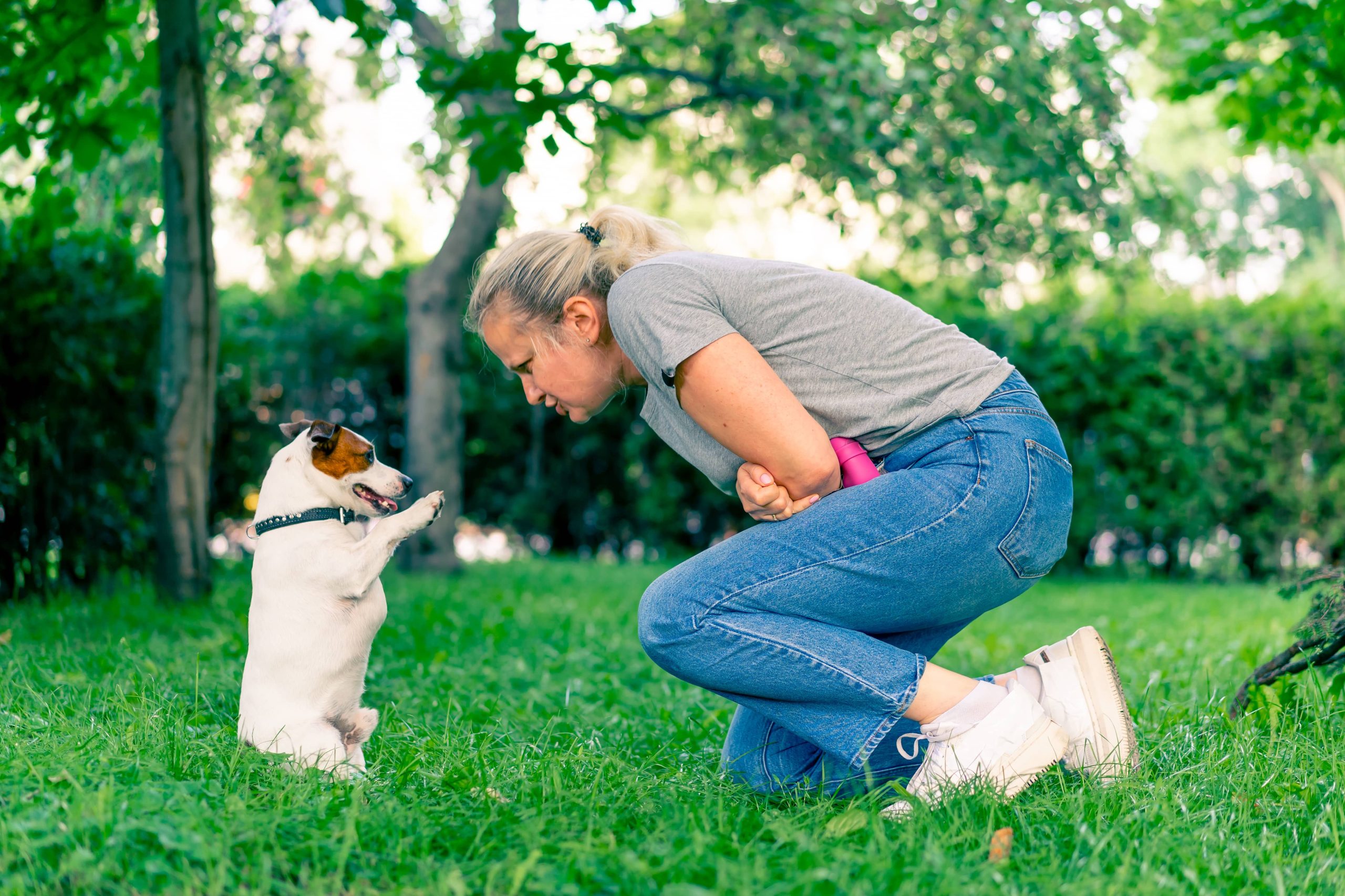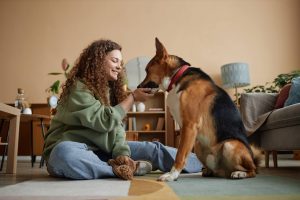
Bringing a new puppy into your home is an exciting and joyous time, but it also comes with its own set of challenges and responsibilities. One of the most critical tasks you need to focus on as a new pet parent is properly socializing your puppy. Socialization is an essential part of your pup’s development and can significantly affect their behavior and quality of life.
Why Socialization is Important
Socializing your puppy involves exposing them to various people, animals, environments, and situations in a positive and controlled manner. This process is crucial for several reasons:
1. Reduces Fear and Anxiety: Proper socialization helps your puppy become familiar and comfortable with different experiences, reducing the likelihood of fear and anxiety as they grow.
2. Prevents Aggression: A well-socialized dog is usually more tolerant and less likely to display aggressive behavior. Puppies that aren’t socialized might view new experiences as threats.
3. Enhances Quality of Life: Socialized dogs are typically happier and more adaptable. They handle life’s changes more easily and are generally easier to train and manage.
4. Improves Owner-Pet Bond: The process of socializing your puppy can strengthen your bond with them, making your relationship more enjoyable and rewarding.
When to Start Socializing Your Puppy
The ideal time to begin socializing your puppy is between 3 to 14 weeks of age. During this critical window, they are most receptive to new experiences. While older puppies can still be socialized, the process can be more challenging and requires more patience.
Steps to Proper Socialization
1. Begin at Home
Before taking your puppy out into the big, wide world, it’s crucial to start socialization at home. Introduce them to household noises, different textures, and various people. Get them used to sounds like the vacuum cleaner, hairdryer, and even the doorbell.
2. Positive Experiences
Ensure that all socialization experiences are positive. Use treats, praise, and toys to create positive associations. Avoid forcing your puppy into situations that scare them, as this can lead to negative associations.
3. Meeting New People
Exposure to different people of varying ages, sizes, and appearances is essential. Invite friends and family over to meet your puppy. Encourage them to be calm, gentle, and offer treats. This helps your puppy learn that strangers are not something to fear.
4. Exploring Different Environments
Once your puppy is comfortable at home, gradually expose them to different environments. Take short car rides, visit parks, walk on various surfaces like gravel, grass, and pavement. The key is to take it slowly and introduce new experiences incrementally.
5. Exposure to Other Animals
Introducing your puppy to other animals is a crucial part of socialization. Meeting well-behaved, vaccinated dogs in controlled settings is ideal. Puppy classes or playdates with friends’ dogs can be excellent opportunities. Also, exposure to other animals like cats, birds, and even small pets can help build a well-rounded and tolerant dog.
6. Basic Training and Obedience
Basic training goes hand-in-hand with socialization. Teaching commands like “sit,” “stay,” and “come” helps instill good behavior and allows for better control in social situations. Attending puppy training classes can also provide a structured socialization environment.
7. Handling and Grooming
Get your puppy used to being handled and groomed. Regularly touch their paws, ears, and tail. Introduce them to brushing, nail trimming, and bathing gradually. Positive reinforcement is key here to ensure they associate grooming with positive experiences.
8. Gradual Exposure to Unfamiliar Objects and Situations
Introduce your puppy to objects such as umbrellas, hats, bicycles, and strollers. Let them explore and sniff at their own pace. Using treats and praise, you can help them form positive associations with these objects.
Overcoming Socialization Challenges
Despite your best efforts, some puppies may still struggle with socialization. Here are a few tips to address common challenges:
1. Fearful Behavior: If your puppy shows signs of fear (trembling, cowering, or trying to escape), remove them from the situation calmly. Never force them to face their fear. Gradually desensitize them to the fear-triggering stimulus and reward calm behavior.
2. Aggression: Aggression can stem from fear or territorial instincts. If your puppy shows aggression, consult a professional dog trainer or behaviorist. It’s essential to address aggressive behavior early before it becomes ingrained.
3. Negative Experiences: If your puppy has a negative experience, counter it with multiple positive exposures. For example, if they were startled by a loud noise, create a calm environment and slowly reintroduce the sound at a lower volume while offering treats.
Benefits of Continued Socialization
Remember that socialization is not a one-time task but an ongoing process. Continually exposing your dog to new experiences will help maintain their positive behavior and adaptability. Regular outings and new experiences can keep them well-adjusted and prevent regression.
Conclusion
Properly socializing your puppy is an investment in their future happiness and well-being. By taking the time to expose them to various people, animals, environments, and situations in a positive and controlled manner, you can help them grow into well-rounded, confident, and happy dogs. The benefits of proper socialization are immense, contributing to a positive relationship with your pet and ensuring a more fulfilling life for both of you. So start early, be patient, and enjoy the journey of helping your puppy discover the world around them.






